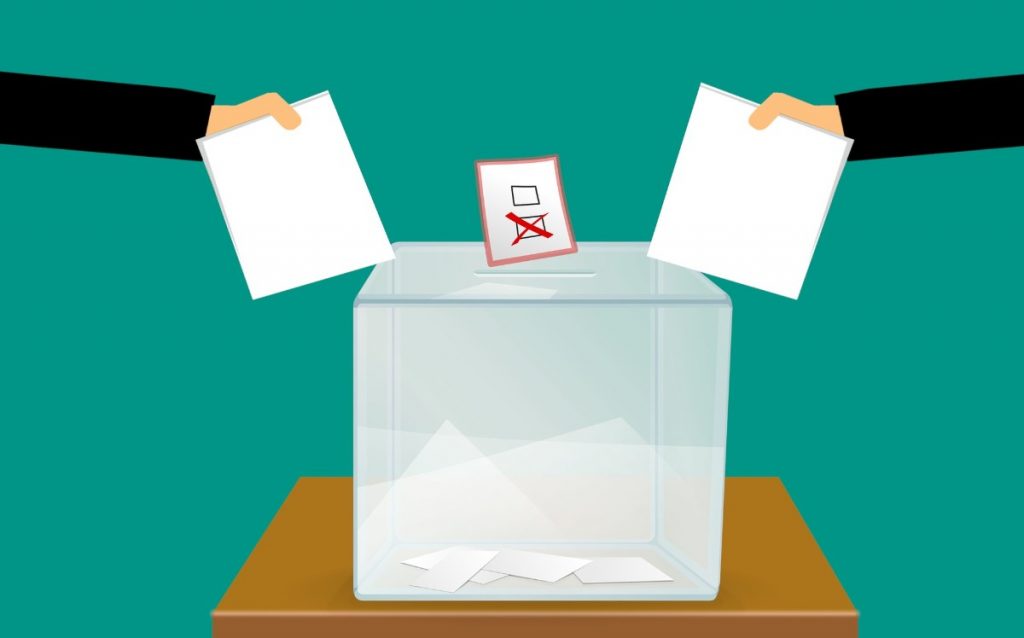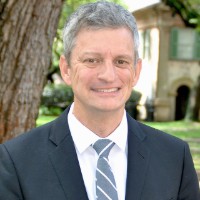
By Gibbs Knotts | During the Nov. 5 general election in Charleston, John Tecklenburg won 47.8 percent of the vote in a six-candidate field but fell just short of the 50-percent-plus-1 vote threshold required by the city’s election rules. Mike Seekings received the next highest level of support, with 34.3 percent. As a result, City of Charleston voters returned to the polls on Nov. 19 to participate in a runoff election between Tecklenburg and Seekings.

Local governments in South Carolina are empowered to make the choice about whether to have runoffs, or simply to let the person who wins the plurality of the vote be declared the winner. Even in the Lowcountry, some local governments use runoffs, while others do not. For example, in North Charleston, Keith Summey won 46.7 percent in a five-candidate field but was reelected because there is not a majority vote requirement. Similarly, Ricky Waring was elected mayor in Summerville with 47.3 percent of votes.
After consecutive election cycles with mayoral runoffs, it is a good time for Charleston residents to rethink the city’s runoff requirement.
One reason to consider a change is the racially charged history of runoff elections. Runoffs are a relic of the one-party Democratic South, an era of racial segregation and black political oppression. During the Jim Crow era, from the end of Reconstruction through the 1950s, Democratic Party primaries determined political winners and losers in the region. Though whites were nearly always the only racial group permitted to vote in the primaries, there were instances where the vote was split among several white candidates. Runoff requirements emerged as a way to unite a majority of the electorate behind a single candidate, ensuring white Democratic dominance in Southern society.
The use of runoffs accelerated following the passage of the Voting Rights Act of 1965. The number of African-American voters increased dramatically following this legislation, and runoffs were used to make it harder for black candidates to win political office. In some jurisdictions, an African-American candidate might be able to win 40 percent of the vote, but not the majority needed for a victory. As a result, the runoff allowed white voters to unite behind a single white candidate, making minority office holding more difficult.
In addition to the discriminatory history of runoffs, they have a number of other drawbacks. Turnout almost always decreases from the general election to the runoff. For example, turnout decreased by 6.3 percent between the initial election and the runoff for Charleston’s 2015 mayoral contest.
Runoffs also place additional burdens on candidates and municipalities. Candidates are forced to raise and spend additional resources, and county election boards have to spend money to open polling locations.
What should Charleston do in future election contests? City leaders could follow the lead of North Charleston and Summerville, where the candidate who receives a plurality of the vote is declared the winner. Another option is to lower the threshold required to win an election.
Charleston residents could also consider Instant Runoff Voting (IRV). This procedure eliminates the need for a runoff election because voters rank candidates when casting their initial ballot. A number of major U.S. cities use IRV, including Oakland, Calif.; St. Paul, Minn., and Las Cruces, N.M. Even here in South Carolina, military and overseas voters provide ranked choices during the submission of their initial ballot, eliminating the need to participate in a second round of voting should a runoff be needed.
How does IRV work? During the initial stage of vote counting, all “first choice” votes are tallied. If no candidate gets a majority, the candidate receiving the lowest vote total is eliminated. The “second choice” for all the voters who picked the eliminated candidate is then added to the remaining candidates vote totals. This process continues until a candidate receives a majority.
While it is important to study the issues, research candidate positions, and cast ballots, our democracy also depends on a periodic examination of election rules and procedures. Charleston residents should engage in a conversation about the city’s runoff requirement and consider other options that might be a better fit for our community.
Gibbs Knotts is a professor of political science at the College of Charleston. His co-authored book, First in the South: Why South Carolina’s Presidential Primary Matters, will be released next month by the University of South Carolina Press. This commentary first was published in our sister publication, the Charleston City Paper.


